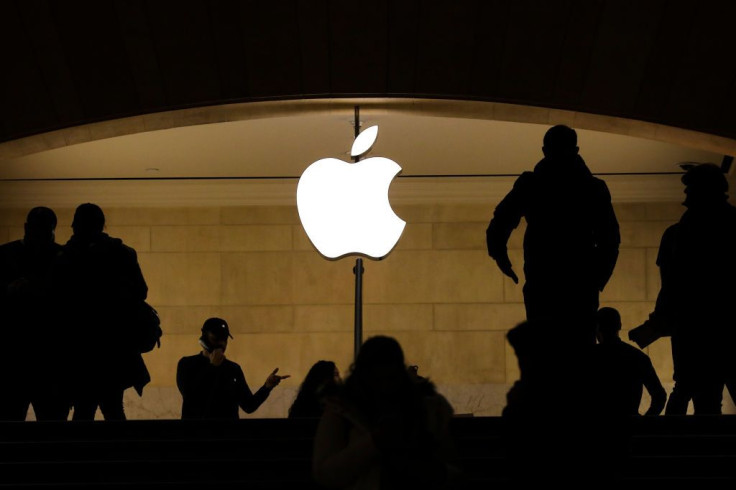Apple Drops A Hint About Its Netflix Cut

Apple (NASDAQ:AAPL) reported fiscal first-quarter earnings last night, and again expectedly highlighted its growing and highly profitable services business. Under the company's new financial reporting structure, Apple is giving much more granular detail regarding how profitable hardware products are compared to services. At the same time, management provided many other tidbits, both qualitative and quantitative, about the services business, allowing investors to better appreciate the dynamics of the segment that Apple has been aggressively emphasizing for the past two years.
That included a hint about its relationship with Netflix (NASDAQ:NFLX) .
Netflix is No. 1
Netflix made headlines last month when it dropped support for iTunes billing, cutting Apple out of the loop for new and returning customers, who will now need to sign up for Netflix outside of the Mac maker's platform. That was considered a meaningful blow to Apple, one that could hurt its growth in paid subscriptions, another metric that the company has been touting. What was less clear is the direct impact.
Apple takes a 15% to 30% cut of third-party subscriptions that it sells through its platforms. The App Store used to include a "Top Grossing" category, but the company seemingly realized it was giving away too much information and removed that section in 2017 with iOS 11. That means we have to use third-party estimates.
Netflix was the highest-grossing non-game app in the world (again) last year, according to Sensor Tower. The app analytics company also recently estimated that Netflix grossed $853 million in 2018 from the App Store worldwide, which would translate into approximately $128 million to $256 million for Apple's cut, depending on the age of those subscriptions.
Apple's cut is around $130 million per year
Apple now has 360 million paid subscriptions that are billing through its platforms, and expects to hit 500 million paid subscriptions at some point in 2020. CFO Luca Maestri noted that the breadth of offerings is vast and diversified, reducing the risk associated with any single third-party service. Maestri then provided this clue (emphasis added):
Our subscription business has become very large and diversified, covering many different categories from entertainment to health and fitness to lifestyle. In fact, more than 30,000 third-party subscription apps are available today on the App Store, and the largest of them accounts for only 0.3% of our total services revenue.
It should be clear that Maestri is referring to Netflix. Apple generated $10.9 billion in services revenue last quarter, meaning its Netflix cut was around $32.6 million for the quarter. When annualized but before considering any subscriptions that hit the one-year mark during 2018, that would be around $130 million per year, squarely within the range derived from third-party estimates -- and almost exactly at the bottom end.
If Apple is collecting 15% on the vast majority of those subscriptions, that means the bulk of Netflix subscriptions billing through Apple are over a year old. In other words, Netflix hasn't been adding very many members through iOS in-app subscriptions, reinforcing its decision to discontinue in-app subscriptions in order to prioritize profitability over growth.
Additionally, $130 million means a lot more to Netflix than it does to Apple, roughly equal to Netflix's total net income in the fourth quarter ($133.9 million). Apple's cut of Netflix subscriptions is essentially a rounding error in its services business, and even less material relative to overall revenue. If Netflix wanted to get really aggressive in recapturing part of that cut, it could -- and should -- try to coax members into dropping iTunes billing in favor of direct billing, much like Spotify did a few years ago.
This article originally appeared in the Motley Fool.
Evan Niu, CFA owns shares of Apple, Netflix, and SPOT. The Motley Fool owns shares of and recommends Apple and Netflix. The Motley Fool has the following options: long January 2020 $150 calls on Apple and short January 2020 $155 calls on Apple. The Motley Fool has a disclosure policy.




















